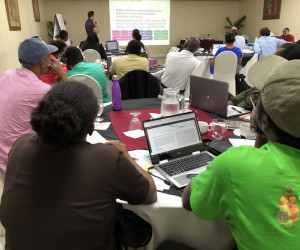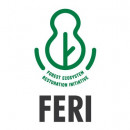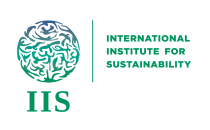News > Events
15.03.20
IIS AU and the UN Convention on Biological Diversity conducted a capacity exchange workshop for systematic spatial planning of restoration in Castries, Saint Lucia

As part of the implementation of the Forest Ecosystem Restoration Initiative (FERI), the Secretariat of the UN Convention on Biological Diversity organised a Sub-regional exchange for the Caribbean on the restoration of forest and other ecosystems, which was hosted by the Government of Saint Lucia in Castries, Saint Lucia, on 9 to 13 March 2020. The overall aim of the workshop was to support Parties in planning and carrying out national plans on ecosystem restoration, guided by the Short-Term Action Plan on Ecosystem Restoration, with a focus on efforts taken in forest and other ecosystems to achieve Aichi Biodiversity Targets 5, 14, 15, and related targets.
Representatives of the governments of Antigua and Barbuda, the Bahamas, Barbados, Dominica, Haiti, Saint Kitts and Nevis, Saint Lucia, Saint Vincent and the Grenadines, Suriname, and Trinidad and Tobago were present. Caribbean island countries are highly populated, with small territories and relatively high proportions of forest cover. Over recent years, reduced pressure on the land for agriculture has allowed natural regeneration to take place, and the main drivers of large-scale forest loss and degradation are recurring natural disasters.
The IIS AU conducted a session on systematic spatial planning for restoration during the workshop. The session’s objectives were to: (i) develop skills in the fundamentals of systematic spatial planning for ecosystem restoration and natural regeneration as cost-effective nature-based solutions; and (ii) identify national needs for systematic spatial planning of forest restoration at different scales, in the context of setting national targets (e.g., Aichi Biodiversity Target 15) and planning and implementing national strategies.
The session succeeded in generating improved awareness by country participants and institutions of the value of systematic spatial planning for the setting and implementation of forest restoration targets and strategies, along with improved awareness of the value of understanding, mapping, predicting, and planning natural regeneration as a cost-effective nature-based solution. As illustrated here, the session emphasised interactive exercises for engaging the participants.








